
Latin America: Week in Review, United States
Wikileaks Reveals Secret U.S. Embassy Cables About Honduran Coup
November 29, 2010 By Staff
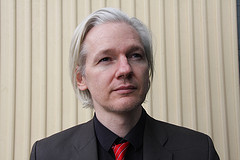
Julian Assange of WikiLeaks.
Today in Latin America
Top Story — An organization released a quarter-million confidential American diplomatic cables Sunday that contained classified information from United States embassies around the globe, including Honduras.
Wikileaks, an organization devoted to revealing secret government documents, released 251,287 leaked United States embassy cables, the largest set of confidential documents ever to be released into the public domain. News of the leaked cables stirred both anger and panic throughout the U.S. diplomatic establishment and could strain relations with some countries.
“These cables could compromise private discussions with foreign governments and opposition leaders, and when the substance of private conversations is printed on the front pages of newspapers across the world, it can deeply impact not only US foreign policy interests, but those of our allies and friends around the world,” a statement from the White House said on Sunday.
Of particular interest in Latin America is a cable concerning the June 2009 coup in Honduras, where then-President Manuel Zelaya was forced from office and flown to Costa Rica. U.S. Ambassador Hugo Llorens wrote in a cable that the coup was a mess of illegal actions by every branch of government.
Llorens, a veteran Cuban-American diplomat, criticized the Honduran ruling class and wrote that the charges against Zelaya were never aired in a proper legal fashion.
“Although a case could well have been made against Zelaya for a number of the above alleged constitutional violations, there was never any formal, public weighing of the evidence nor any semblance of due process,” said the cable, dated July 23, 2009, according to McClatchy.
Of the total number of documents released, 11,000 of them are considered “secret” and 9,000 are considered “noforn”, shorthand for material considered too delicate to be shared with any foreign government. 4,000 are designated both “secret” and “noforn”.
Other Top News: Confusion over poll sites and allegations of vote-stuffing marred Haiti’s elections Sunday. Twelve of the 18 presidential candidates called for the election’s cancellation.
Just Published at the Latin America News Dispatch
- Secure Communities, a federal anti-illegal immigration program, is stirring debate in New York. Amy Elmgren reports.
Headlines from the Western Hemisphere
North America
- The leader of the gang Los Aztecas in Mexico was arrested in Ciudad Juárez over the weekend and confessed to ordering most killings in the city.
- A Canadian copper producer suspended mining operations at its Cozamin mine in Mexico following the death of a miner in an accident.
Caribbean
- Cuba’s government will spend about $130 million next year to import raw materials and equipment for independent businesses following its decision to allow some kinds of self-employment, officials said Friday.
-
Three people were killed in a drive-by shooting in the northern Puerto Rican town of Toa Baja, authorities said Friday.
Central America
- Police in Guatemala have found the body of a professional football player chopped up and left in five plastic bags in a rural area.
- The June 2009 coup in Honduras was a carnival of illegal actions by every branch of government, according to a diplomatic cable signed by the U.S. ambassador.
- Two inmates have been killed in a fight between rival gang members at a prison in El Salvador.
- Costa Rica’s foreign minister will meet with United Nations officials on Monday to discuss the Central American nation’s border dispute with Nicaragua.
Andes
- The presidents of Colombia and Ecuador announced Friday they will resume full diplomatic relations after more than two years of estrangement.
- President Hugo Chávez is promising to build new public housing complexes, boost social programs and renovate the long-neglected Caracas subway — and he needs money.
- Venezuela’s human rights groups are raising concerns over pending legislation backed by President Hugo Chávez that would bar non-governmental organizations from receiving foreign funding.
- Noble Energy Inc. said on Friday that the government of Ecuador canceled a production sharing contract as that country seeks more oil revenue through new agreements.
- President of Peru, Alan García, told national radio program, Radioprogramas, that an inbred national melancholy must be to blame for his low approval ratings.
Southern Cone
- After a two-hour raid on Sunday, at least 36 people are dead and police now control the Alemão favela in Rio de Janeiro.
- Leaked U.S. Embassy cables show that the U.S. considers terrorist activity in the tri-border area of Paraguay its top priority in the country.
- Five Chilean men accusing priest Fernando Karadima of 20 years of sexual abuse will not appeal a ruling that dismisses their claims after a four-month investigation.
- An Argentine woman accused her father of sexual and physical abuse and of fathering her ten children after he was taken in by authorities for robbery.
Image: espenmoe @ Flickr.
Subscribe to Today in Latin America by Email
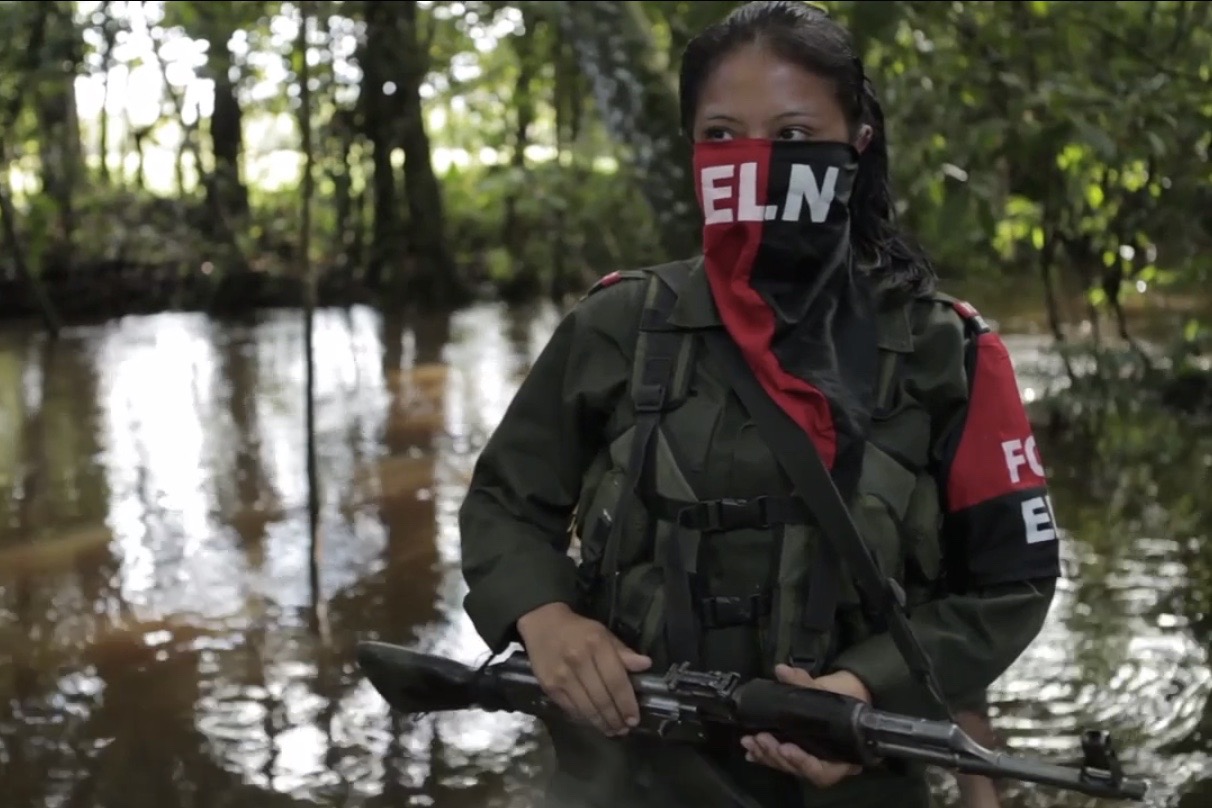
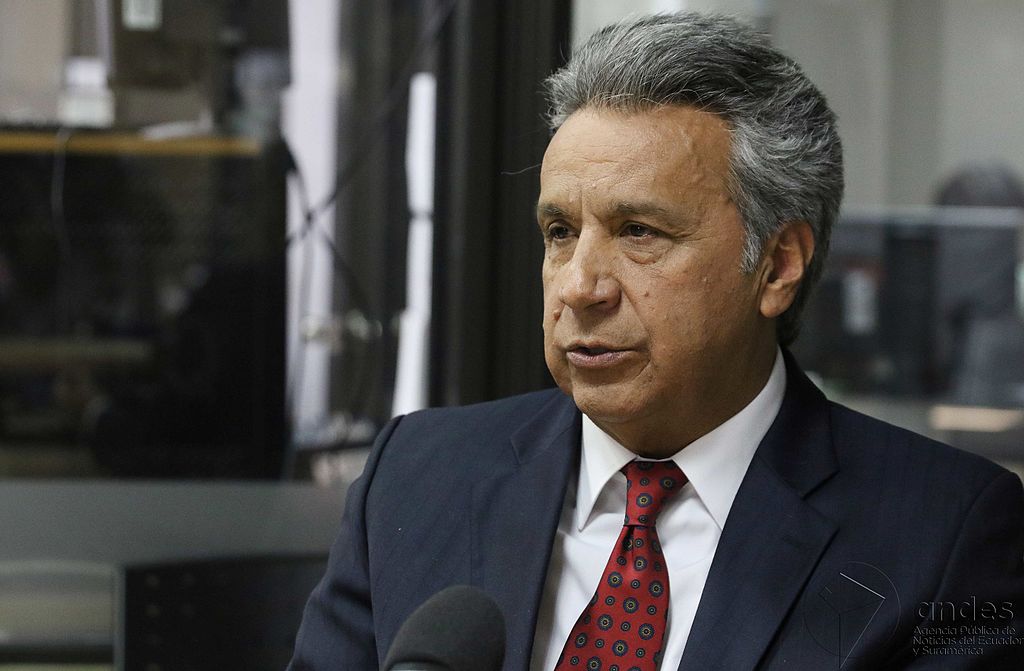
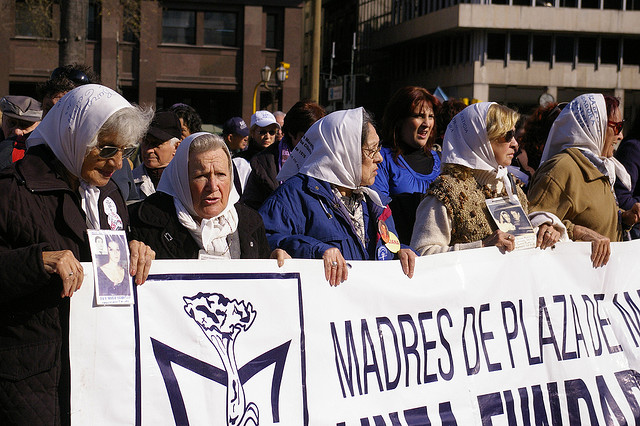
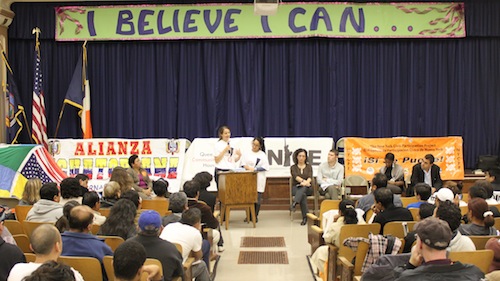

1 Comment
[…] American cable comes from Honduras during the first days of the coup against Manuel Zelaya. US Ambassador Hugo Llorens noted that the ouster of Zelaya was illegal and that every branch of the Honduran government was behaving […]
Comments are closed.